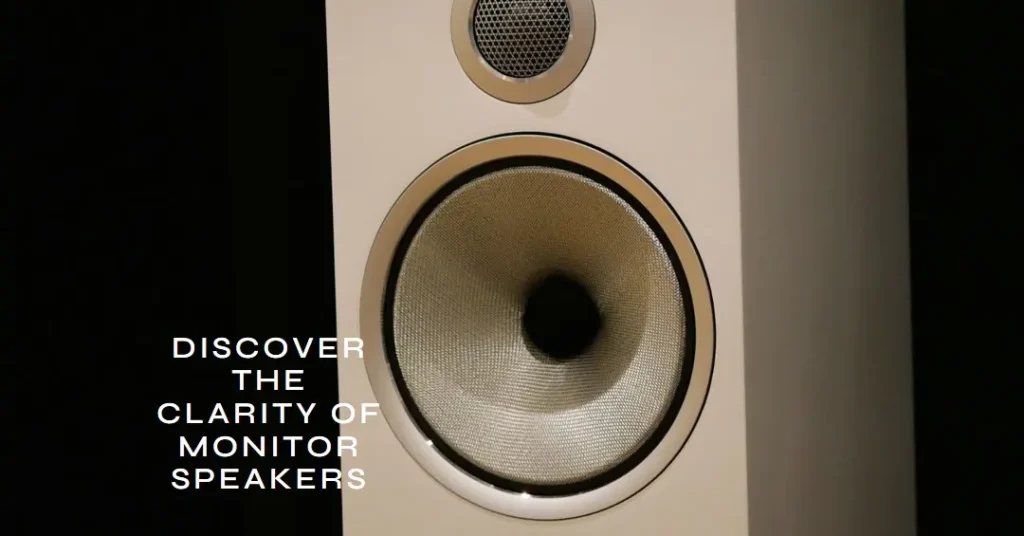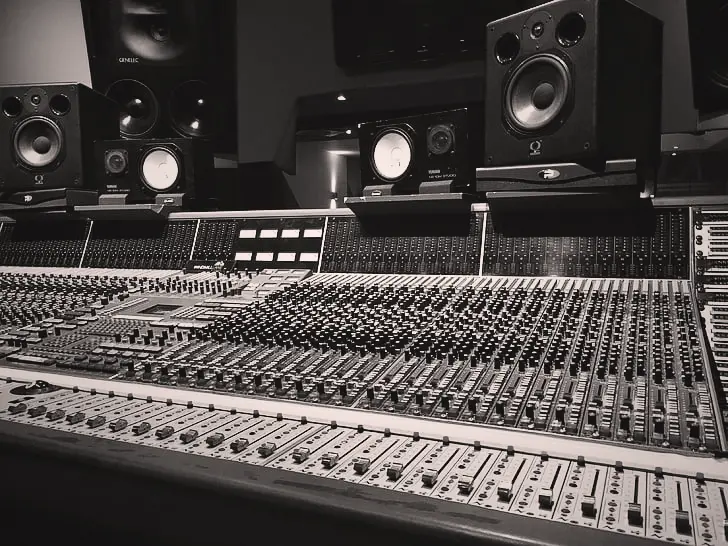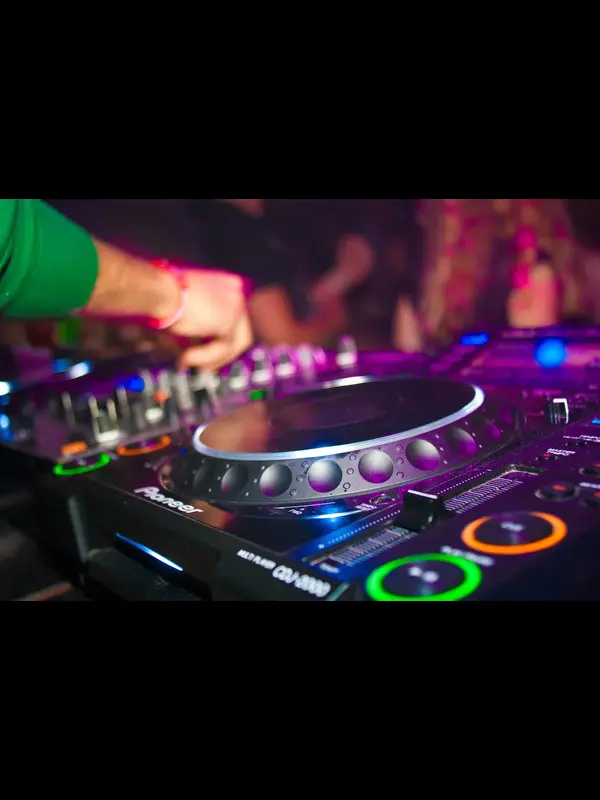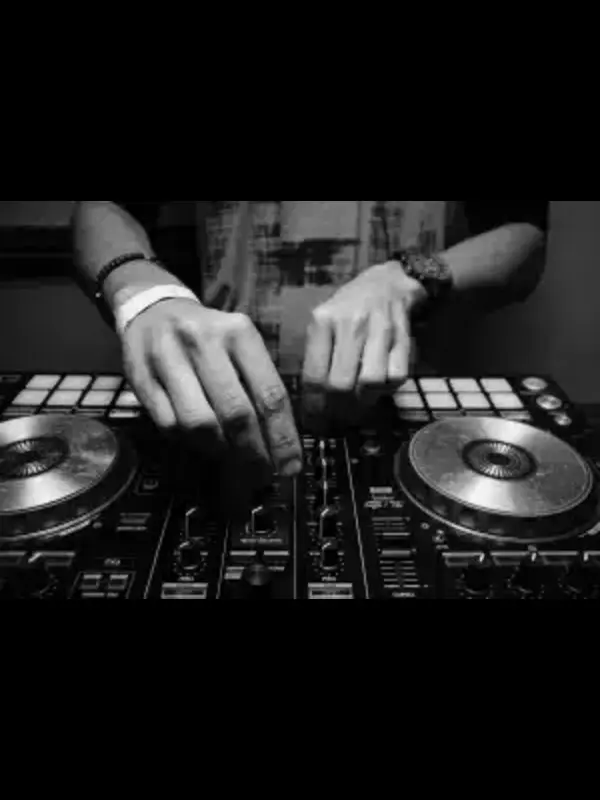Studio Monitor vs Speaker (In Detail)
You want to know the difference between a Studio monitor and a speaker. Many people ask the question: Studio monitor vs. speaker? It doesn’t matter if you are performing an audiophile or performing a DJ, you have to know the difference.
In this article, we will discuss the Studio monitor vs. speaker. What is the difference between them, and which is better?
What is a monitor speaker?

Loudspeakers are used for music and audio production. The name “Monitor” is attached to it because the producers and musicians are used for monitoring the recording, critical listening and mastering analytics. The primary function of studio monitors is to produce a flat frequency response, allowing audio recordings to be played back exactly as intended without any colouration or alteration of the sound.
Difference between Studio monitors and speakers
Studio monitors and speakers are both different audio devices. A listener must know the difference between both of them. You have to know what are the terms and qualities that differentiate them.
Narrow down your decisions before picking up your desired device
Studio monitor vs. speaker, let’s go through all the listening options.
If I discuss studio monitors, studio monitors give the output sound closely the same as the produced initially.
Primarily, the studio monitor operates in the near-field listening environment. Near field listening environment means studio environments where the speakers function more like headphones, to hear as much detail as possible. Nearfield speakers generally have a smaller sound direction angle than hifi speakers.
If you tend to listen to stereotypical sound speakers, the audience’s experience may be entirely different.
Despite being focused on the neutral, the studio monitor gives an undisturbed sound. Many speakers produced the sound in original ways to satisfy the listener.
In audio terms, most sound speakers tend to operate on high and low frequencies and produce the base in depth to get the audience’s attention appropriately, and ultimately, they enjoy it.
Let’s talk about the technical differences
Technical differences

- Active/passive :
Studio monitors are active because they are built on powered amplifiers (Operational amplifiers used inside). Hifi types of speakers are made like they are passive because they receive power from the amplifiers.
- Separate power amplifiers
There are active speakers in the studio monitor, and people usually prefer multiple power units individually in one unit. This means when the woofer, treble and bass come, each is powered separately for more quality output sound.
- Crossovers
Crossovers divide the frequencies, and crossovers also ensure that the frequency goes on the correct drivers.
- Sound
Studio monitors are flat in design and will produce the most accurate sound. That’s why you can easily sense the high and low frequencies.
Which is better?
If you are thinking about which one is better, it depends on what you seek. There is a simple answer to how you usually enjoy the tracks and what type of tastes in music.
If you want to spend money, both are good options, and it depends upon your choice.
Studio monitors are the ideal choice for producers. Studio monitors are a good option for those who want precise sound and for those who wish to bass sounds. However, a studio speaker has some disadvantages as well such as it is expensive and it could be different as compared to other speakers.
Audio accuracy

Studio monitors come in handy for music production and recording. The monitors are use to check whether the sounds are record correctly or not. If you talk about speakers, they are used to play the sound with the desired frequencies. People often use these studio speakers at home, events or to enjoy parties.
Prize and size
Studio speakers are pretty expensive compare to other speakers. They produce the flat type of frequency. It means playing all the sounds continuously. Usually, the speaker acquires a higher bass, which makes the song more interesting.
Power handling
Studio monitors and speakers require enough power to produce high bass and low high frequencies in tracks. But speakers can only handle a little power as a monitor. If you are playing too loud, the sound will get distorted.
What are studio monitors used for?
A studio monitor is a loudspeaker specifically design for professional audio production applications. The main difference between a studio monitor and a primary speaker is the attention to precision. Studio monitors are built to produce a very flat frequency so that sound engineers can hear tiny details in a mix.
Studio monitors are essential in professional audio production, providing accurate and neutral sound representation for audio professionals to make precise adjustments. It’s essential to consider the key specifications such as frequency range, wattage, design type, etc.
Are two monitor speakers good for performing?

It depends completely on what you’re doing with audio. If you’re mixing sound for TV or motion pictures, then a multi-speaker monitoring setup with a subwoofer is practically essential. If you’re mixing your band’s demo tracks that you recorded in your basement, you really only need a stereo pair of studio monitors. It is better that the volume level should be low enough to allow for conversation without raising your voice. If you need to shout to be heard, your monitors are too loud.
Conclusions
Studio speaker and monitor used by all the music producers. Speakers are use to play all types of hip hop, high low frequencies and high bass. Monitors are use to see all the analytics, such as checking whether the recorded song is record correctly or the output voice is clear. It depends upon your demands which type of speaker you want to buy. However, these speakers are also suitable for gaming experiences because you can easily listen to what others are saying. Ultimately, I have defined everything related to Studio monitor vs. speaker, which is better, and what specifications they acquire.
FAQs
A simple answer would be yes, although aesthetically, some compromises could have to be made. However, the sound reproduction will be much more transparent, and listeners will certainly get their money’s worth concerning good quality.
Using studio monitors is generally favorable if you’re recording, mixing or mastering. As mentioned earlier, you get a more accurate sound. If you’re using regular speakers, you may miss some details in the sound, leading to an imbalanced mix.
So, I recommend using studio monitor speakers if you plan to record music. But if you plan to limit your recording to voice-over productions, you can do without speakers as long as you have a pair of decent headphones.







